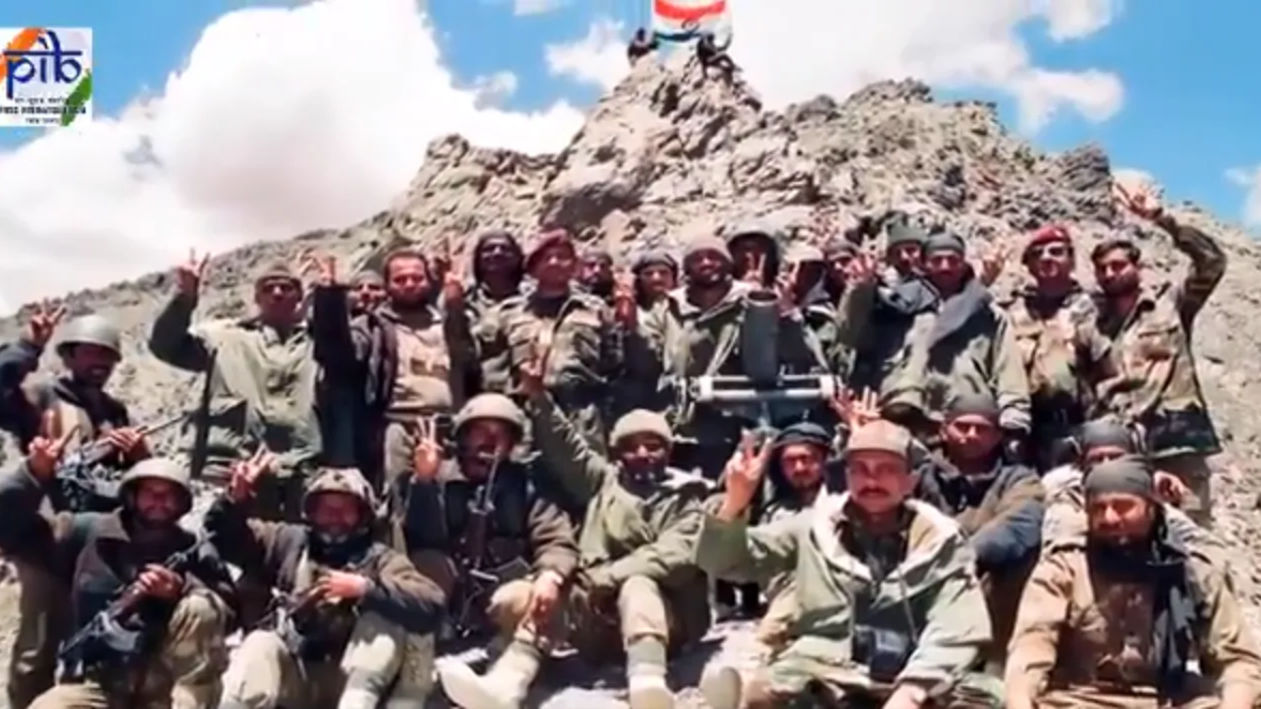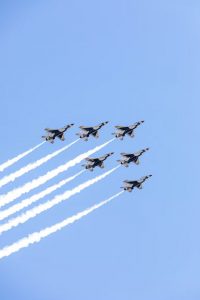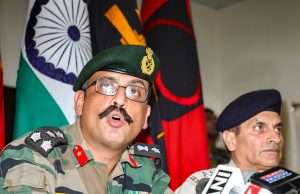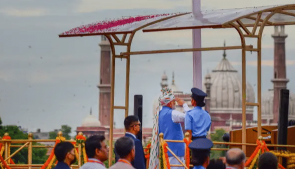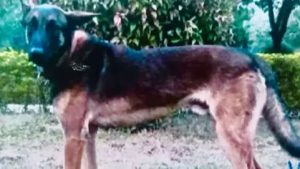Sunday marks the 21st anniversary of the Kargil Vijay Diwas of the victory of India against Pakistan. Both countries fought the Kargil War between May 3 and July 26 in 1999. The gruesome war, that lasted for 84 days, took place in the Kargil district of Kashmir and along the Line of Control.
Why did the Kargil War start?
The chief cause of the war was the infiltration of Pakistani soldiers dressed as Kashmiri insurgents into the Indian side of the Line of Control. While Pakistan initially rejected claims of starting the war blaming Kashmiri insurgents, documents later vindicated India exposing the involvement of Pakistani paramilitary forces
Where was it fought and when?
The war began on May 3, 1999, and lasted till July 26, 1999 and it was fought in the town of Kargil and also along the Line of Control.
Who were the major leaders in the war?
In 1999, KR Narayan was the President of India and Atal Bihari Vajpayee was Prime Minister of the country. While General Ved Prakash was the Chief Army of Staff and ACM Anil Yashwant Tipnis was the Chief of the Air Staff.
On the Pakistani side, the appointed leader of the state was Prime Minister Nawaz Sharif and the Chief of Army was General Pervez Musharraf.
What was the final outcome of the war?
The end result of the war was a decisive Indian triumph with India regaining possession of Kargil as status quo antebellum was restored.
How many died in the Kargil war?
527 Indian soldiers lost their lives and 1,363 soldiers were wounded.
In Pakistan, 700 soldiers were killed.
What is Kargil Vijay Divas?
Kargil Vijay Diwas is named after “Operation Vijay” which was launched on July 25. The Kargil Vijay Diwas is celebrated on 26 July when in 1999 India reclaimed all major posts that had been lost to Pakistan. Kargil Vijay Diwas is celebrated every year to honour the memory of Kargil War’s heroes.
What awards were awarded by the Indian government?
Four Param Vir Charka were awarded and 11 Maha Vir Charka were awarded to Indian soldiers.
Awardees of the Param Vir Charka
Grenadier Yogendra Singh Yadav
Lieutenant Manoj Kumar Pandey (posthumous)
Captain Vikram Batra (posthumous)
Rifleman Anuj Nayyar (posthumous)
The war is the latest example of high-altitude warfare in mountainous terrain.

